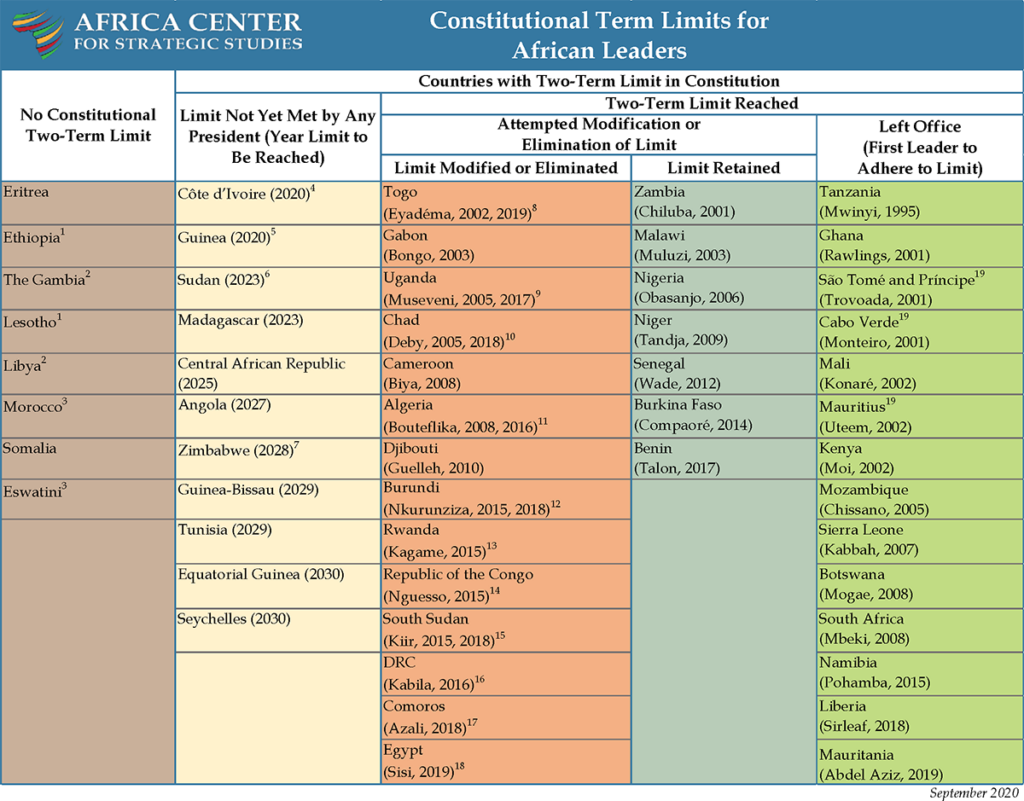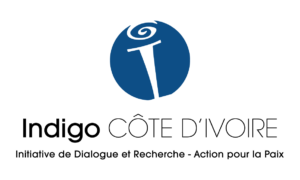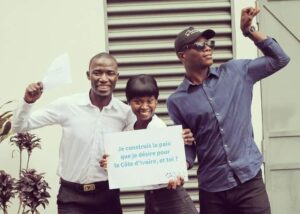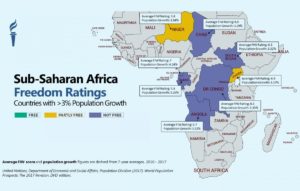
Democracy in Tanzania is broken—and is in trouble elsewhere in Africa, too, The Economist reports. Guinea’s election on October 18th resulted in a dubious victory (and a third term) for President Alpha Condé. At least 30 people were killed protesting against the result, says the opposition. Ivory Coast is in crisis after President Alassane Ouattara won a third term on October 31st, amid a boycott by the opposition. Both leaders claimed not to be bound by term limits, illustrating a dismal recent trend (see map).
International mediation is desperately needed, says Arsène Brice Bado of the Jesuit University in Abidjan. But regional bodies tend to favour incumbents. In 2015 the members of ECOWAS discussed a proposal to restrict presidents in the region to two terms, but it was ultimately dropped. The limp response of ECOWAS to the situations in Guinea and Ivory Coast has made opposition parties even angrier.
 Electoral officials said Tuesday that President Alassane Ouattara of Ivory Coast had won a third term in a landslide. But his two main opponents boycotted the election and refused to recognize the results, raising fears that the West African nation could spiral deeper into political violence, The Times reports:
Electoral officials said Tuesday that President Alassane Ouattara of Ivory Coast had won a third term in a landslide. But his two main opponents boycotted the election and refused to recognize the results, raising fears that the West African nation could spiral deeper into political violence, The Times reports:
Mr. Ouattara ran for a third term although the Ivorian Constitution limits presidents to two terms. According to the country’s electoral commission, he won Saturday’s election with more than 94 percent of the vote. But voter turnout showed that many had heeded the calls to boycott the vote, prompting international observers to say the election lacked fair competition. Mr. Ouattara’s two main opponents, Pascal Affi N’Guessan and Henri Konan Bédié, said the president had run illegally.
This was one in a series of presidential elections being held in African countries over several months — and incumbents in many other races have bent the rules to stay in power. From Guinea to Uganda, presidents have changed constitutions, prosecuted opponents or manipulated supreme courts to ensure they can stay in power or run for re-election.

Indigo Côte d’Ivoire
Despite public authorities’ efforts to guarantee a secure vote, the opposition’s calls for an ‘active boycott’, the extreme volatility of the socio-political context, the relative psychosis that gripped many localities in the country, isolating people in their homes, the proliferation of acts of violence and vandalism, the logistical difficulties in deploying election materials and the large number of polling stations that could not open in certain districts of the country did not allow for broad, peaceful participation for a significant portion of the population, according to Indigo Côte d’Ivoire (Initiative for Dialogue and Participatory Action Research in Côte d’Ivoire), a group supported by the National Democratic Institute, a core partner of the National Endowment for Democracy (NED).
Political chaos could play right into Islamist militants’ hands, said Arthur Banga, an international relations professor in Ivory Coast’s commercial capital, Abidjan. The extremist groups linked to the Islamic State and al-Qaeda are known to exploit division. “The country will become more vulnerable to this kind of threat,” he said.
 Two nonprofit organizations monitoring the election said that the violence, the rigged electoral process and calls for civil disobedience by opposition leaders had hampered a competitive vote, The Times adds.
Two nonprofit organizations monitoring the election said that the violence, the rigged electoral process and calls for civil disobedience by opposition leaders had hampered a competitive vote, The Times adds.
In a report published on Tuesday, the Electoral Institute for Sustainable Democracy in Africa and the Carter Center found that the validation of Mr. Ouattara’s candidacy by the Ivorian constitutional council had “no clear or substantiated legal basis,” and that 40 of the 44 presidential candidates had been disqualified from the race with no effective remedy available.
Guinea, Tanzania and Ivory Coast are setting a bad example just as an election season in Africa heats up, The Economist adds. Burkina Faso, the Central African Republic, Ghana, Niger and Uganda all go to the polls in the next few months. Their leaders might do well to look instead to the Seychelles, where last month the opposition won a presidential election for the first time since independence in 1976. The loser graciously attended his opponent’s victory speech.
Setting a bad example – Democracy is faltering in Tanzania and Ivory Coast https://t.co/Q1sv7Qf9ws
— Democracy Digest (@demdigest) November 5, 2020







